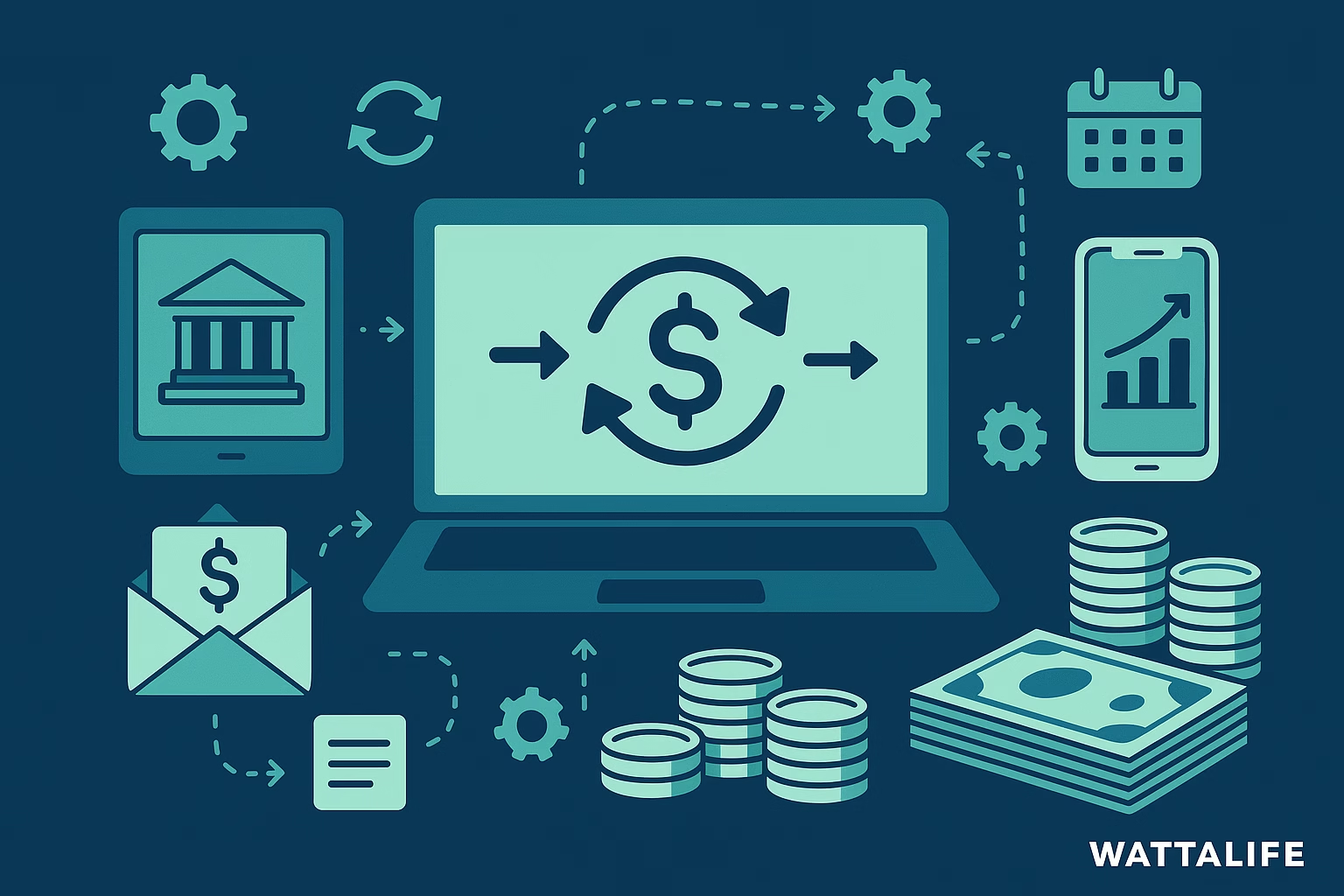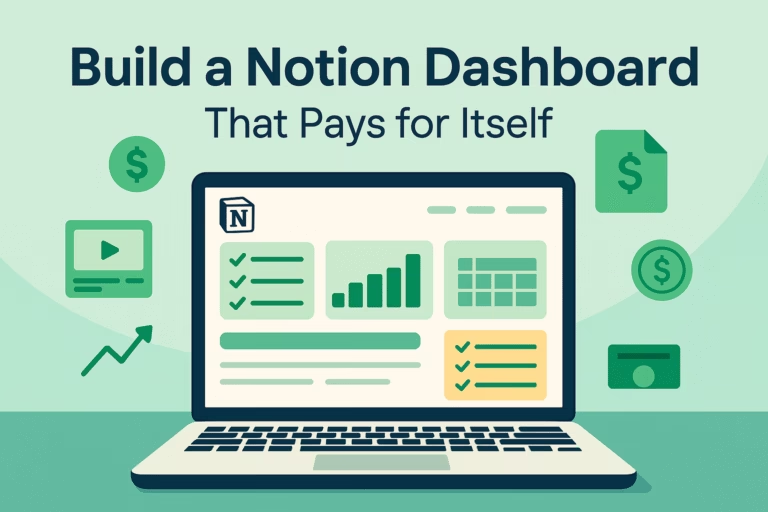Homeownership vs. Renting: Pathways to Financial Freedom

Introduction to Homeownership and Renting
In the realm of real estate, individuals often face the significant choice between homeownership and renting a property. These options fundamentally impact one’s lifestyle, financial situation, and long-term stability. Homeownership is typically characterized by purchasing a property, which provides equity and potential appreciation over time, while renting involves paying for the use of a property without gaining ownership. Each choice carries distinct advantages and disadvantages that merit close examination.
From a lifestyle perspective, homeownership often promotes a sense of permanence and community engagement. Homeowners generally have the freedom to modify their living spaces, fostering a personalized environment. In contrast, renters may experience greater flexibility in relocating but often face restrictions on property alterations common in rental agreements. This fundamental difference can influence not only daily living experiences but also long-term life plans, such as family growth and career transitions.
Financial implications are another critical consideration when evaluating homeownership versus renting. Owning a home typically involves various upfront costs, including down payments, closing fees, and ongoing maintenance responsibilities. However, these investments can result in long-term equity accumulation and potential tax benefits. Renters, while avoiding many of these upfront costs, may end up lacking equity in their living situations, which can affect their financial future. Therefore, understanding the long-term financial repercussions of each choice is essential for informed decision-making.
The overarching goal for many individuals navigating these options is achieving financial freedom. This pursuit is directly influenced by the decisions made regarding homeownership and renting. In navigating the complexities of real estate choices, individuals can align their property decisions with their financial goals, ultimately leading to greater stability and a more secure future.
Understanding Homeownership
Homeownership represents a significant milestone for many individuals and families, serving as a path to financial stability and personal fulfillment. At its core, owning a home entails various financial responsibilities that go beyond the initial purchase price. Key costs include mortgage payments, property taxes, homeowner’s insurance, and maintenance, all of which require careful budgeting and planning. It is crucial for prospective homeowners to assess their financial readiness, including their ability to afford a down payment and manage ongoing expenses associated with homeownership.
Mortgage payments typically constitute the largest monthly expense for homeowners, encompassing both principal and interest on the loan. Depending on the mortgage type, additional costs may be included, such as private mortgage insurance (PMI) for those who make a smaller down payment. In addition to this, property taxes represent another significant obligation, varying based on location and property value, which further necessitates a thorough understanding of one’s local tax landscape.
Despite these financial commitments, homeownership offers numerous advantages. One of the most compelling benefits is the opportunity to build equity over time. As homeowners pay down their mortgages and if property values appreciate, they increase their stake in the actual asset, which can provide financial leverage for future investments or retirement planning. Furthermore, homeownership can include tax benefits. Homeowners may be eligible for deductions on mortgage interest and property tax payments, which can reduce their overall taxable income.
Beyond the financial implications, the emotional and psychological aspects of owning a home cannot be overlooked. For many, a home provides a sense of stability and belonging within a community. It offers a space for personal expression and the creation of lasting memories, reinforcing social connections and enhancing overall quality of life. The journey of homeownership encompasses both financial responsibilities and profound personal significance, marking a pivotal chapter in the lives of many individuals and families.
The Pros and Cons of Renting
Renting a home presents a myriad of advantages and disadvantages that must be carefully weighed against the prospect of homeownership. One significant benefit of renting is the flexibility it affords tenants. With short-term leases or month-to-month agreements, individuals can adjust their living situations as they see fit, whether due to job changes, family dynamics, or personal preferences. This level of mobility is especially advantageous in today’s fast-paced world, where job opportunities may arise in different cities or states.
Another key advantage is the lower upfront costs associated with renting compared to purchasing a home. Typically, renters are only required to pay a security deposit and the first month’s rent, which is considerably less than the down payment and closing costs needed for homebuyers. This accessibility enables people to invest their savings into other areas, such as retirement accounts or emergency funds, rather than tying up large sums of money in real estate.
Additionally, renting alleviates the burden of property maintenance. Landlords are generally responsible for repairs and upkeep, allowing renters to reside without worrying about the costs and responsibilities that homeownership entails. This aspect can lead to easier living, particularly for those who may not possess the time or skills to manage home maintenance tasks.
However, renting is not without its downsides. One major drawback is the absence of equity growth. Renters do not build equity in a property, which can significantly impact long-term wealth accumulation. Additionally, lease agreements may include clauses that allow for regular rent increases, potentially straining a tenant’s monthly budget over time. Furthermore, renters often have less control over their living conditions, including restrictions on alterations and decor, which can limit personal expression in their home environment.
Ultimately, while renting offers appealing benefits such as flexibility and low maintenance, it also comes with notable limitations that could influence one’s financial trajectory. Careful consideration of these pros and cons is essential for anyone contemplating the choice between renting and homeownership.
Financial Comparison: Renting vs. Buying
The financial implications of renting versus buying a home are of paramount importance for potential homeowners and renters alike. Choosing between these two options involves understanding the various costs associated with each. When renting a property, tenants typically pay a monthly rent, which does not contribute to any ownership equity. Additionally, renters may be responsible for utility bills and occasionally for minor maintenance costs, though major repairs usually fall to the landlord. However, renting usually requires lower initial costs, as it does not demand substantial upfront investments such as down payments or closing costs.
In contrast, buying a home entails significant financial commitments, starting with a down payment, which can range from 3% to 20% of the purchase price. Furthermore, homebuyers incur monthly mortgage payments, which consist of principal and interest, typically for a period of 15 to 30 years. In addition to mortgage payments, homeowners must budget for property taxes, homeowner’s insurance, and maintenance expenses, which can include repairs, landscaping, and improvements. These costs add up over time, often resulting in a higher monthly outlay compared to renting.
To facilitate informed decision-making, various financial calculators and tools are available for potential buyers and renters. These resources allow individuals to input their financial details and evaluate the total cost of ownership versus leasing. They can provide insights into potential equity accumulation over time, the impact of tax benefits associated with homeownership, and the opportunity cost of capital. Ultimately, this analysis helps individuals gauge whether the long-term investment of purchasing property aligns with their financial goals and personal circumstances.
Impact of Market Conditions on Homeownership and Renting
The real estate market plays a pivotal role in determining whether individuals choose to pursue homeownership or opt to rent. Several market conditions, including interest rates, housing inventory, and local market trends, significantly influence these decisions. One paramount factor is the prevailing interest rates, which can considerably alter the affordability of purchasing a home. When interest rates are low, borrowing costs decrease, making homeownership more accessible for many potential buyers. Conversely, high interest rates can deter buyers and render renting more appealing in such circumstances.
Housing inventory also affects the decision-making process in the housing market. A limited supply of available homes leads to increased competition among buyers, potentially driving up prices. This can make it challenging for first-time homebuyers or those with budget constraints to enter the market. In contrast, an abundance of homes can create favorable conditions for buyers, as they may have more options and negotiate better prices. Therefore, staying informed about local inventory levels is crucial for assessing whether it is an advantageous time to buy a home.
Moreover, local market trends can vary widely by region, impacting both rental prices and home appreciation rates. For instance, in areas experiencing economic growth and job creation, demand for housing may surge, prompting a rise in home prices and rental rates. Conversely, a stagnating local economy may lead to lower housing demand, benefiting renters through relatively stable or reduced rental prices. Evaluating these economic signals is essential for individuals contemplating the choice between renting and buying a home.
In summary, market conditions serve as an essential backdrop for the decision-making process related to homeownership and renting. Understanding interest rates, housing inventory, and local trends can provide invaluable insights, enabling individuals to make well-informed financial choices regarding their living situations.
Long-term Financial Freedom: Equity and Investment
Homeownership is often considered a cornerstone of financial stability and freedom. One of the primary ways that buying a home fosters long-term financial health is through the accumulation of equity. As homeowners make mortgage payments, they gradually build equity—an asset that can significantly contribute to their net worth over time. Paying down a mortgage acts as a forced savings plan, wherein each payment diminishes the principal balance while increasing the owner’s equity in the property. This process not only offers financial security but also facilitates opportunities for future investments.
Equity can be leveraged for various purposes. Homeowners have the option to take out home equity loans or lines of credit, using the accrued value to invest in other assets or ventures. For example, the funds obtained through this equity could be utilized to purchase additional properties, start a business, or invest in financial markets, thus diversifying one’s portfolio. This capacity to use home equity as a springboard for further investment is a unique advantage of homeownership compared to renting. In contrast, renters do not build equity; their monthly payments contribute solely to the landlord’s wealth, without offering any long-term financial returns.
Moreover, the appreciation of property values over time further enhances the advantages of homeownership. Historically, real estate tends to appreciate, contributing to wealth accumulation that outpaces inflation in many markets. This wealth can provide financial freedom through potential retirement security or enabling other life choices, such as funding education or pursuing entrepreneurial endeavors. Comparatively, other investment vehicles such as stocks and bonds may offer their own benefits, but they often lack the tangible, stability-inducing characteristics of homeownership. Therefore, purchasing a home should be viewed as a crucial step toward achieving long-term financial freedom.
Personal Factors Influencing the Decision
When considering the choice between homeownership and renting, several personal factors play a crucial role. These factors, which include job stability, family plans, lifestyle preferences, and financial health, significantly influence an individual’s decision-making process. Evaluating these elements in relation to financial freedom objectives can provide clarity to prospective homebuyers or renters.
Job stability is one of the foremost considerations. Individuals who possess stable employment, especially in a long-term position, may find that purchasing a home provides an opportunity for investment in an appreciating asset. Conversely, those with uncertain job situations or frequent job changes may be better served by renting, as it allows for greater flexibility and reduced risk.
Family plans also play a pivotal role in the homeownership versus renting debate. Families expecting to grow may require more space, making homeownership a more attractive option. A stable environment is essential for children’s upbringing, and owning a home can foster that stability. On the other hand, single individuals or those without dependents might prefer the adaptability of renting, aligning with an emphasis on lifestyle flexibility.
Moreover, personal lifestyle preferences cannot be overlooked. Some individuals may prioritize mobility and the ability to relocate for job opportunities, which renting offers. Others may value the long-term commitment and emotional security that homeownership provides. Hence, understanding one’s own needs and desires is critical in making the decision.
Lastly, financial health is a significant factor to consider. Prospective homeowners must assess their creditworthiness, savings, and overall financial stability. If an individual is not in a sound financial position, renting might be a more prudent choice, as it often demands less upfront financial investment and lower ongoing costs.
Reflecting on these personal factors can lead to more informed decisions regarding homeownership and renting. Each individual’s circumstances are unique, and aligning these factors with long-term financial goals is essential for achieving financial freedom.
Steps to Take When Deciding Between Renting and Buying
Determining whether to rent or buy a home is a significant decision that requires careful consideration of various factors. The first step in this process is to create a comprehensive budget. Establishing a detailed budget will help you understand how much you can afford to spend on housing, both in terms of a monthly mortgage payment and ongoing costs associated with homeownership, such as property taxes, maintenance, and insurance. A clear budget allows you to compare it effectively with the costs of renting, ensuring you make an informed decision.
Next, securing pre-approval for financing is crucial if you are leaning toward buying a home. Pre-approval provides insights into how much a lender will be willing to lend you based on your financial situation. This step not only strengthens your position as a potential buyer but also helps you avoid wasting time on properties that are out of your budget. For renters, understanding market rates for your preferred location helps gauge whether renting is financially favorable in comparison to ownership.
Conducting thorough market research is another vital component. Analyze the housing market trends in your area, including average home prices, rent rates, and future growth projections. This knowledge will enable you to make a more informed choice based on current conditions. Additionally, assess your personal lifestyle desires. Consider factors such as job stability, long-term career plans, family growth, and the flexibility that renting offers compared to the commitment of purchasing a home.
Finally, pose strategic questions to guide your decision-making. Ask yourself about your long-term goals; for instance, do you plan to stay in the same place for several years? Are you prepared for the responsibilities that come with homeownership? Conversely, if you value mobility and the flexibility to relocate for job opportunities, renting may be the more suitable option for you. By following these actionable steps, you can arrive at a well-informed decision that aligns with your financial situation and personal ambitions.
Conclusion: Making the Right Choice for Financial Freedom
As we have explored throughout this article, the decision between homeownership and renting is a multifaceted one, heavily influenced by individual circumstances, financial goals, and personal preferences. Both pathways offer distinct advantages and challenges, each contributing in its unique way to the journey toward financial freedom. Homeownership often serves as an effective means to build equity and achieve long-term stability, allowing individuals to take pride in their property. However, it also entails responsibilities such as maintenance costs and market fluctuations that potential homeowners must consider.
On the other hand, renting can provide greater flexibility and lower upfront expenses, making it an attractive option for those who value mobility or wish to avoid the burdens associated with property maintenance. It is essential to weigh these factors against personal lifestyle and financial situations. The assessment of income levels, employment stability, market conditions, and future plans are crucial components in determining the most suitable option between owning a home and renting.
Additionally, it is vital for individuals contemplating this decision to seek comprehensive resources and guidance. This may include consulting with financial advisors or real estate professionals who can provide insights tailored to specific financial situations. Thorough research can reveal local market trends, cost analyses, and investment opportunities that can significantly impact one’s choices. Therefore, empowering oneself with knowledge and support can lead to more informed decisions aligned with the pursuit of financial independence.
Ultimately, both renting and owning present viable paths to financial freedom; the right choice is deeply personal and should resonate with one’s unique life circumstances and aspirations. By considering all relevant factors and utilizing available resources, individuals can confidently make choices that best serve their financial goals.






